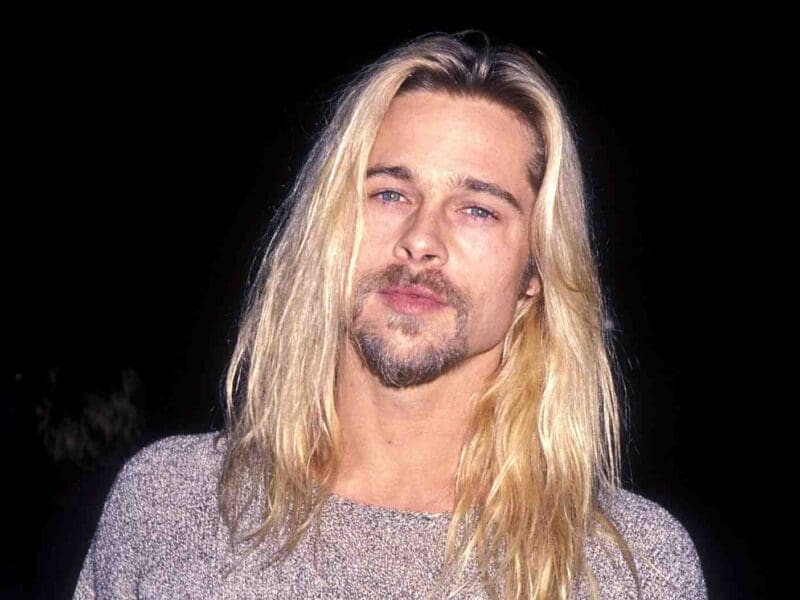
The relationship dramas we’re tired of seeing on TV and film
It’s easy to dismiss the romcom as an insubstantial, mindless piece of fluff, but a lot of the time it’s sadly true. Sure, classics like Annie Hall and The Philadelphia Story are considered true benchmarks of the genre, as somewhere long-standing tropes and conventions may be traced back to. But a large number of romantic comedies are subpar at best; at their worst, they’re shallow and melodramatic.
Unfortunately, romcoms continue to shape our beliefs and expectations, especially when we’re at our most vulnerable points. Of course, this wouldn’t be a problem if they showed sex, love, and relationships between people in a positive and realistic way.

Yes, the genre isn’t exactly lauded for its socially aware undercurrents. The popularity of The Big Sick and the bilingual Everybody Loves Somebody can tell us anything, it’s that romcoms can tap into larger cultural conversations within the genre. For some recent romcoms featuring characters of color for example, we recommend Top Five, Appropriate Behavior, and Think Like a Man.
Here are our picks for the most entitled, self-indulgent relationship dramas in recent memory.
Liberal Arts (2012)
The “cultured, sensitive, and thoughtful” one, in which writer-director-star Josh Radnor (How I Met Your Mother) mopes around a campus to extol the virtues of literature, handwritten letters, and Vivaldi.
Of course, it’s all in the name of seducing (a much younger) Elizabeth Olsen (Godzilla) – a role which exists only for her to shower him with adoration so that he can later turn down sex and we’re supposed to admire him for it. It’s gross, self-important garbage.
500 Days of Summer (2009)
The “friend-zoned” one, in which the writers take out the frustrations of their failed relationships for a total of 95 minutes. Our hero Tom (Joseph Gordon-Levitt) is a miserable sad-sack, with an aching love for the Smiths and the romantic perspective of a 14-year-old.
Tom spends the entire story chasing around a girl called Summer (Zooey Deschanel), despite her total lack of personality and her inability to understand or convey emotion of any kind.
Friends with Benefits (2011)
The “feelings are complicated” one, in which a pair of thin, conventionally beautiful, rich, and successful jerks become friends and have lots of casual sex. Will they have valuable life experiences and learn to outgrow their whiny non-problems? Will they eventually develop romantic feelings for one another? Will a silly misunderstanding result in heartbreak? Who even cares?

Girls (2012 – 17)
As the popularity of Lena Dunham’s show grew over the years, so did the criticisms regarding her refusal to properly explore the thorough, diverse experiences of millenial New Yorkers. As a result, the characters – an all-white cast of culturally-privileged 20-somethings with a shared pursuit of near-relentless hedonism – are righteous, narcissistic, overly petty, and annoyingly insecure. Much like Dunham (Tiny Furniture) herself.
Garden State (2004)
The “quirky” one, an ultra-pale opus from Zach Braff which is so unrelentingly bland it’s almost aggressive.
Written like a preposterous soap opera and with the performances to match (Natalie Portman was miles ahead of this in Closer, released the same year), Garden State follows Andrew (Braff) and his abundance of problems of privilege, including narcissism, directionlessness, being profound, listening to wistful indie rock, and screaming into a (literal) abyss.
The Fault in Our Stars (2014)
The “it’s a metaphor” one, in which two surface-level teen characters launch from regular conversation into grand, melodramatic speeches for no apparent reason. Shailene Woodley (The Descendants) plays a teenage girl with terminal cancer, but that’s about it – she really isn’t defined beyond her illness.
Ansel Elgort’s character, similarly lacking in depth, spouts some of the more memorably cringe-inducing lines like “love is just a shout into the void, and oblivion is inevitable.” Please.
The Holiday (2006)
The “white Christmas” one, in which Cameron Diaz (Vanilla Sky) takes a spontaneous Christmas vacation, leaving her servants to take care of Kate Winslet (Eternal Sunshine of the Spotless Mind) over the duration of the holidays. How’s that for festive spirit? As the blandness of its name might suggest, The Holiday is nothing more than lifestyle porn for straight white women.

Her (2013)
It’s a timeless premise and something that Spike Jonze (Where the Wild Things Are) clearly wanted to assert with Her – relationships are hard, they require compromise and work. Such a shame he had to throw it all together with this contrived, self-conscious story about a depressed hipster so devoid of personality that he wants to have sex with his phone.

Frances Ha (2012)
The “I can’t seem to get my act together” one, in which Greta Gerwig (Lady Bird) stars as the eponymous character, who is basically a 27-year-old child. It’s standard indie fare – a film about pretty, white Brooklynites that pays homage to the films of Woody Allen (Manhattan) and the French New Wave but is unable to live up to either.







